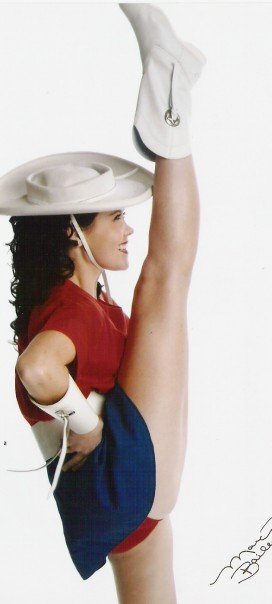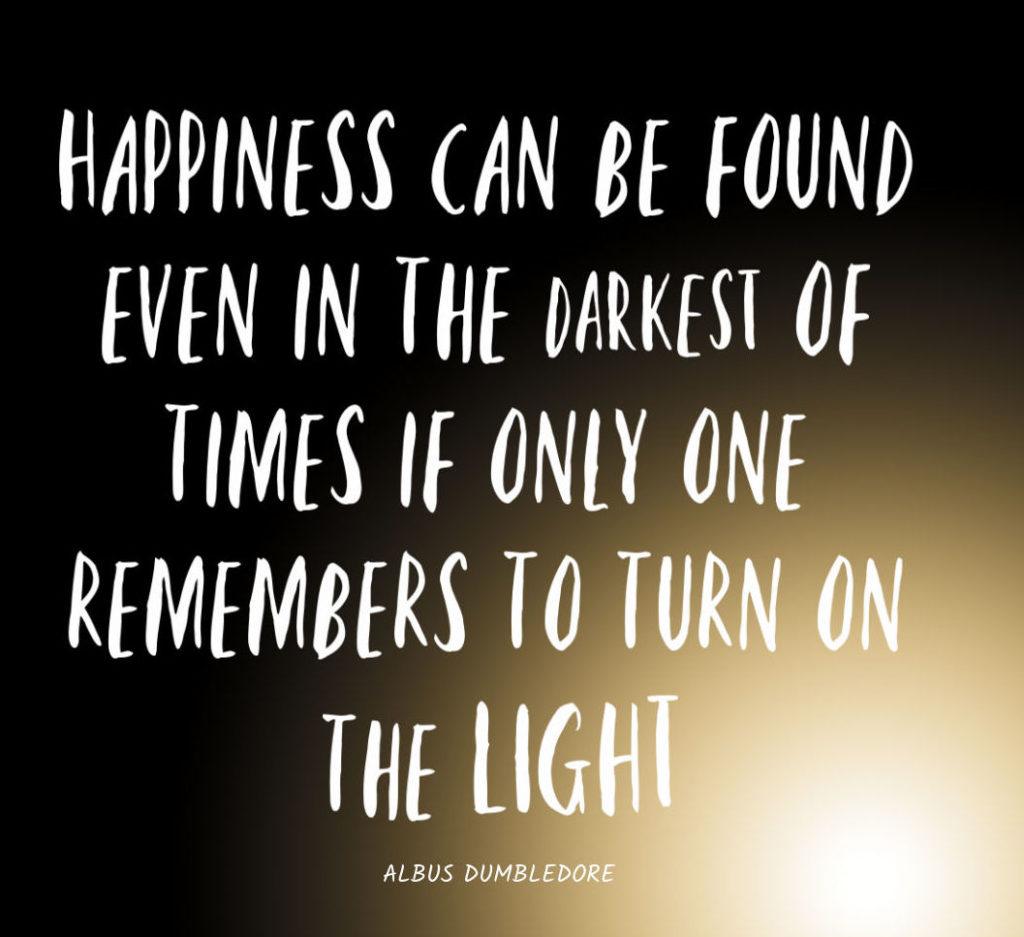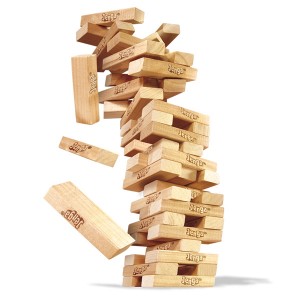Ten years ago this week I tried out for the World Famous Kilgore College Rangerettes.
Not true. I never tried out for the World Famous Kilgore College Rangerettes. Or any dance team, for that matter. But my friend and colleague, Sarah Coker, did and this is her story. Because it’s a great story. And full of leadership lessons.
Lessons like, “don’t look at the big picture for too long, but don’t forget it’s the goal, either.”
Love that.
So let’s start again.
By: Sarah Coker
Ten years ago this week I tried out for the World Famous Kilgore College Rangerettes. The oldest, most prestigious drill/dance team in the world. This is gonna turn into a story about Rangerettes, yes, but more so about life, so get a cup of coffee.
My best friend, Lindsay (Young) Joe, and I went to Rangerette summer camp after our sophomore year of high school and I was hooked. I’d never seen such camaraderie, talent, pride, and discipline in my life. The intensity of the discipline–freshman aren’t allowed to speak unless spoken to during practice and their only response is, “yes mam, thank you miss so-and-so” unless specifically told to give an answer, for example–is one reason why the Rangerettes are able to be the best. You can’t take 60+ girls and make them dance in complete, mesmerizing unison unless you create almost militant order during practice. But along with the sometimes secretive, never-ending layers of rules that those from the outside inevitably find intriguing and those on the inside realize and defend the necessity thereof, there was overt fun. I’d never seen people so in love with what they were doing. Everyone was sold out to the team. Everybody wanted to be there. There was not The Slacker. There may have existed The Negative One but she sure didn’t show it in front of people at camp or rehearsal. That camp reeled me in and I worked my literal butt off for the next two years so that I could be ready enough to try out.
Two years pass by…
_________________
*stretches until hamstring muscles tear and rebuild, one strand at a time*
*attends history class every morning of junior year while sitting on ice packs and downing Tylenol*
*practices jump splits; a signature Rangerette maneuver in which the dancer jumps into the air and lands on the ground in the splits*
*downs more Tylenol*
_________________
So I came to “Pretraining” or tryout week. Biff (Lindsay) and I nervously ate bags full of those peanut butter toffee bite candies that are made in Lufkin, Texas, and practiced our dances in the hall until midnight with other girls trying out. I’d never prayed so hard for anything in my life. I’d never felt true anxiety until this day, the last day of pretraining, 10 years ago. By this point in the week, you’ve been evaluated on a jazz dance and kick routine that would be performed on the football field, and a number of stylized, “studio” type routines that would determine whether or not you were a true dancer. There are the girls who have the flexibility to kick their faces but lack the grace to perform a ballet. And vice versa. Rangerettes must have both. Then, at the end of all the auditions, they have all the “hopefuls” sit in the, ehh, reeeegionally famous Dodson Auditorium. You think you’re about to get lectured. You think you’re about to hear a “don’t give up” speech. You wonder if maybe you’re about to get yelled at—you’ve heard stories. You hope that’s not it, but you’re just so tired you don’t know what to expect. You’re on the verge of tears and have been for a week. You’ve never felt pressure like this before and your mom’s not there to fix it and thus prolong the weightlessness of childhood. This is step one of adulthood.
Then you hear the drum roll off that starts the Kilgore College Fight Song. Da da, da da, daaaaaaa, da da. Suddenly, the sophomore Rangerettes, in full uniform, start parading down the aisles of the auditorium toward the stage as the fight song bounces off the walls. You look up at the stage and analyze every detail of every part of the uniform. How do they tie the belt? How many pins are in her hat to make it stay in place when she kicks it, over and over again. I wonder if the pockets on the skirt are real or not. Then, they begin to dance. Their tradition. Their trademark. The High Kick. It’s all you want. You want that uniform. You want that stamina to be able to dance that well for that long. You want that legacy. You want to be part of the 64th line of Rangerettes. As they dance, you have visions of dancing at The Macy’s Thanksgiving Day Parade or at the Inauguration of The President of the United States of America—things the Rangerettes have done before and you knew would do again. You see these girls in front of you who were in your seat just last year and can’t believe that they look so perfect now. You want that.
They exit the stage and you wipe tears from your face and get ready to follow whatever the next order is. You look around for the directors to tell you what to do. One week in Rangerette World has taught you that you start from the bottom. You don’t do anything but smile stand still unless somebody tells you to do something. You sit there on your best behavior. As if this moment matters more than others. Please let me show you how well I can sit quietly and follow rules. Let that be enough. I know that I can’t quite kick my hat yet, but I can smile. Notice that. I have a great attitude and will work harder than anyone. Notice that. Please. You wait for an order. The directors finally walk onto the stage. The order is to go eat dinner and try and sleep. Tryouts are over. There’s nothing more you can do. They’ve seen all they need to see. You’ve all done a wonderful job and it will be a hard decision. “Yes ma’am, thank you, Mrs. Blair.” You file out of the auditorium.
You don’t sleep.
On Friday morning, 100+ groggy, hopeful girls with painted on makeup and forced smiles flood Dodson Auditorium, some, for the last time. As the hopefuls sit on the stage, awaiting their fate, the uniformed sophomores pour onto the stage once again. It almost feels like a slap in the face. Man, they want us to want it. They want us to see these girls in uniform and just fawn. And you do. You drool over everything that even resembles the uniform. It hasn’t changed since 1940 except for the shortening of the skirt. It’s an icon. And it’s minutes away from possibly being yours.
Poignant words are said. Maybe a prayer? Some encouragement.
Then the stage clears. It’s just the hopefuls sitting in a clump. You hear chains start to move as a sign begins to slowly descend from the rafters, the same exact way it’s descended for 63 years. You hear screaming around you as you see the bottom row of numbers. The “shorties” have been announced by black and white numbers posted on a simple wooden board. #105, #103, #102, #100. More screams. Biff made it. I felt a twinge of relief and panic all at once. What if I don’t make it? All you can see are the bigger numbers. The sign moves in slow motion. More screams. You hear crying. The good kind and the bad kind. The girl next to you gets up and runs out the back door.
Then, I saw my number. I had to ask Biff if it was really my number. I just sat there in shock. Then I cried. I found my mom and cried some more. I did it. We did it.
The next two years changed me. Forever. Beyond the legacy of this fancy little dance team. Beyond the memories of going to class everyday with the same people, studying for two years with the same people, eating, dancing, sleeping, living for two years with the same people. Loving those people like family. Beyond those memories. Beyond the legacy of the name “Rangerettes”…beyond all of that there were intangibles that effected all of us.
-Get your stuff done without mistakes. Do it right and don’t allow for potential to even need to give an excuse. Don’t give excuses. Just do it right the first time. When you mess up, don’t look back, just do it again until it’s right and don’t waste time justifying yourself.
-Trust your leaders. They’ve been here before you. Sure, there might be some less-than-qualified leaders in your life, but for the most part, they’ve earned the title. Respect them. Trust that God allowed them to be there. Back them up. Don’t talk crap about them.
-Have pride in yourself. In your words. In your mannerisms. In your clothing. In your manners. In your dealings with strangers. In your relationships. Represent where you come from well. As a Christian, this Rangerette wisdom transferred seamlessly in my head. I want to represent God and his character well; I want to represent Rangerettes and their character well. Having a sense of pride or reputation—something to care about more than your own selfish desires—is powerful.
-Be the best in a way that inspires others, not puts them down. Don’t be cocky. Work hard, don’t give in to laziness, pursue the furthest degree of talent that cognitively exists, and bring others up with you. Live life whether at work, home, or play, as a team. Bend over backwards to make those around you care, work hard, and ultimately look as good as you’re trying to make yourself look. If you care about others more than yourself, it’ll come back to help you.
-Take challenges a bite at a time. Every challenge looks insurmountable, compoundingly so as a cynical, tired adult with more responsibilities than a college kid. But take it a bite at a time. Don’t try to polish and perfect an entire high kick routine in one fell swoop. Break it apart 8 count by 8 count. Don’t look at the big picture for too long, but don’t forget it’s the goal, either.
-Make new friends in every new situation. I went to Kilgore with Biff and came out with an entire class of precious friends and 5 in particular who would be my dearest, bestest friends for life. I am on a group text with as we speak and we talk every single day even though we live in different cities. I am glad that I opened myself up to making friends rather than staying comfortable in a bubble with Biff.
-There’s probably 100 more things I’ve learned but those are what I cranked out the top of my head. Anybody else have any life lessons from Rettes?
I just happened to have this Rangerette experience kick off my adult life…but as I’ve gone on in life I’ve learned to pay attention enough to glean the same depth of experience in lots of other places–my relationship with God, my work, learning sign language, improv comedy, relationships of all kinds etc. I’m glad I had such a unique and intense experience as a catalyst into adulthood. I think it’s made me a better one.

You can follow Sarah on Twitter or check out another of her insightful posts on Yes Andrew.




